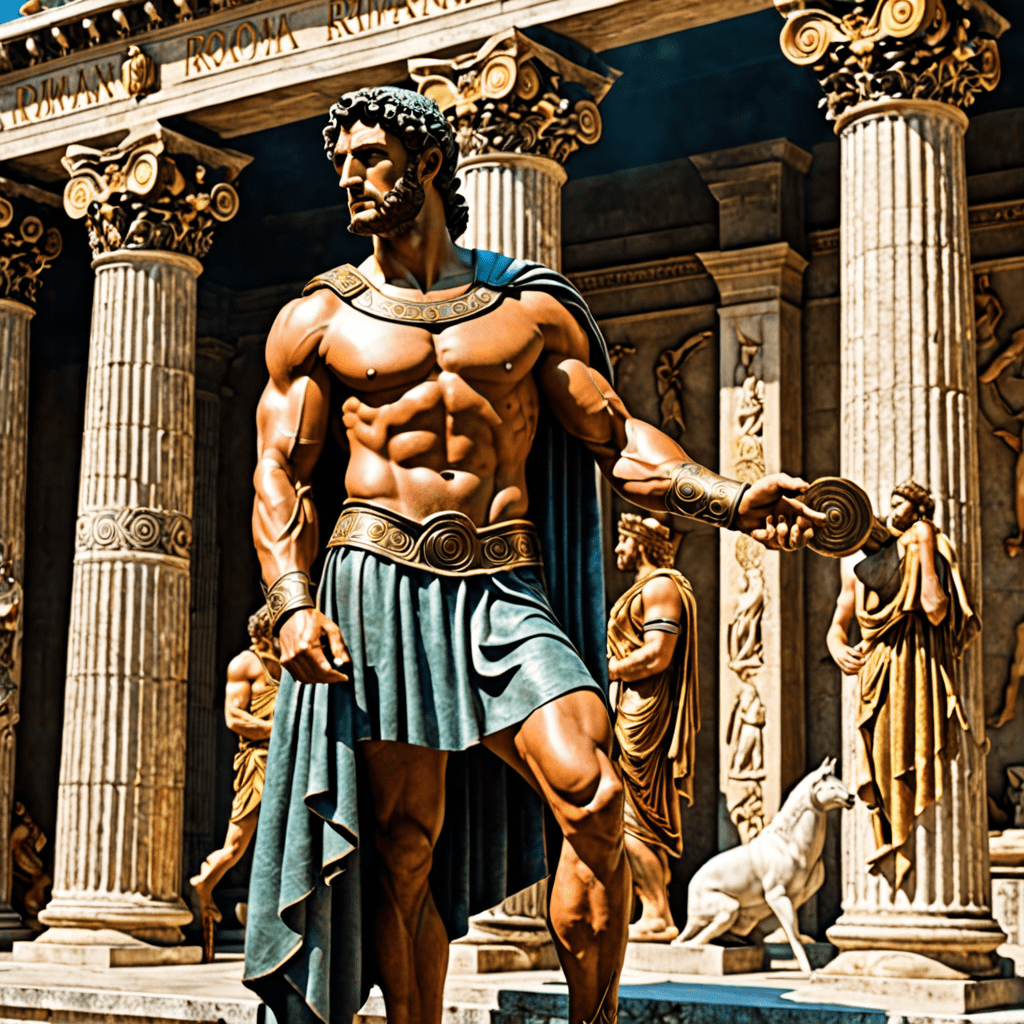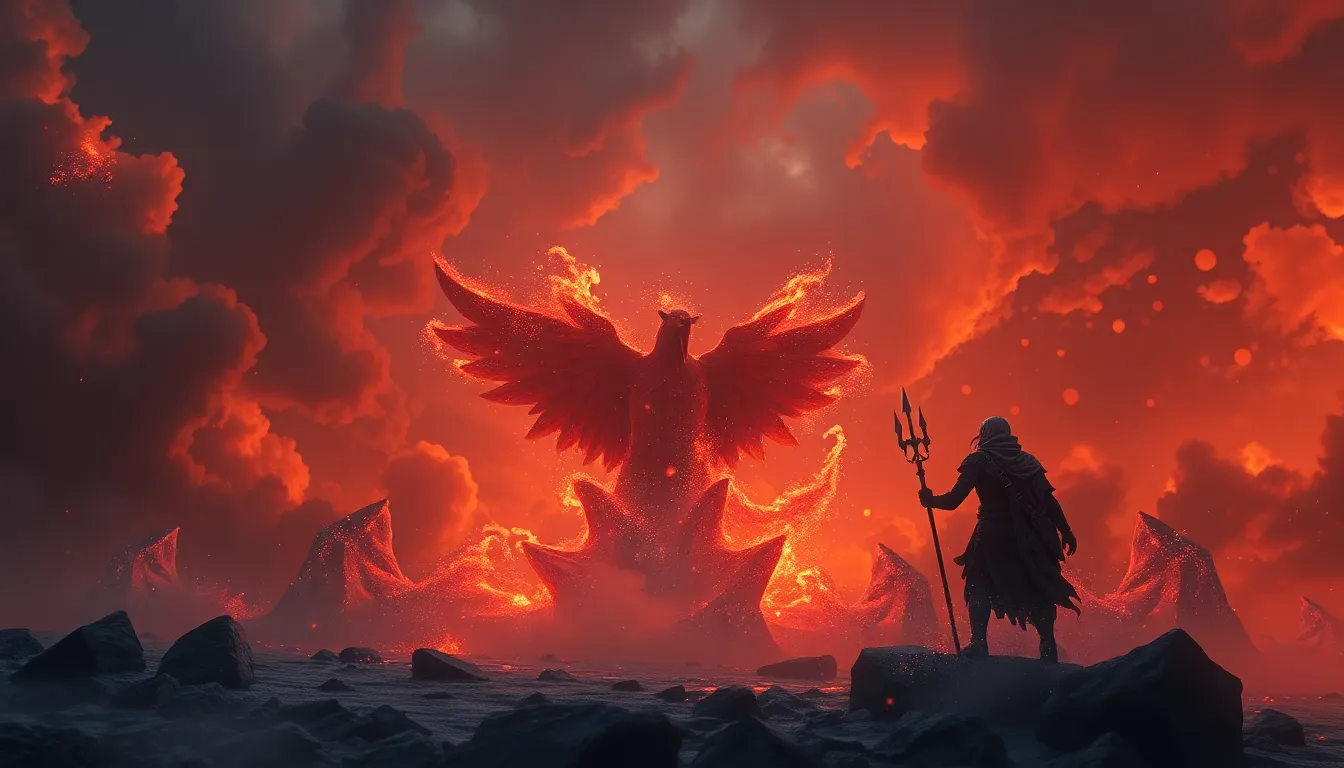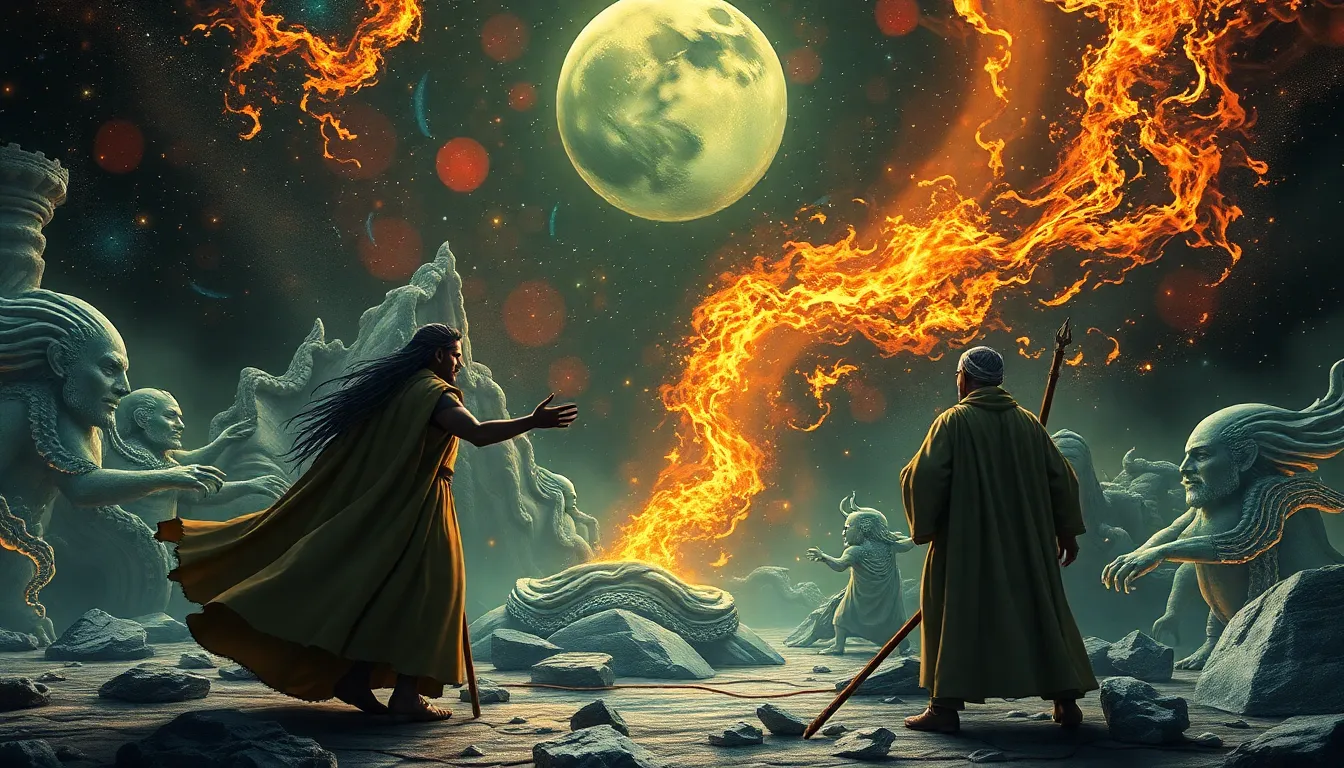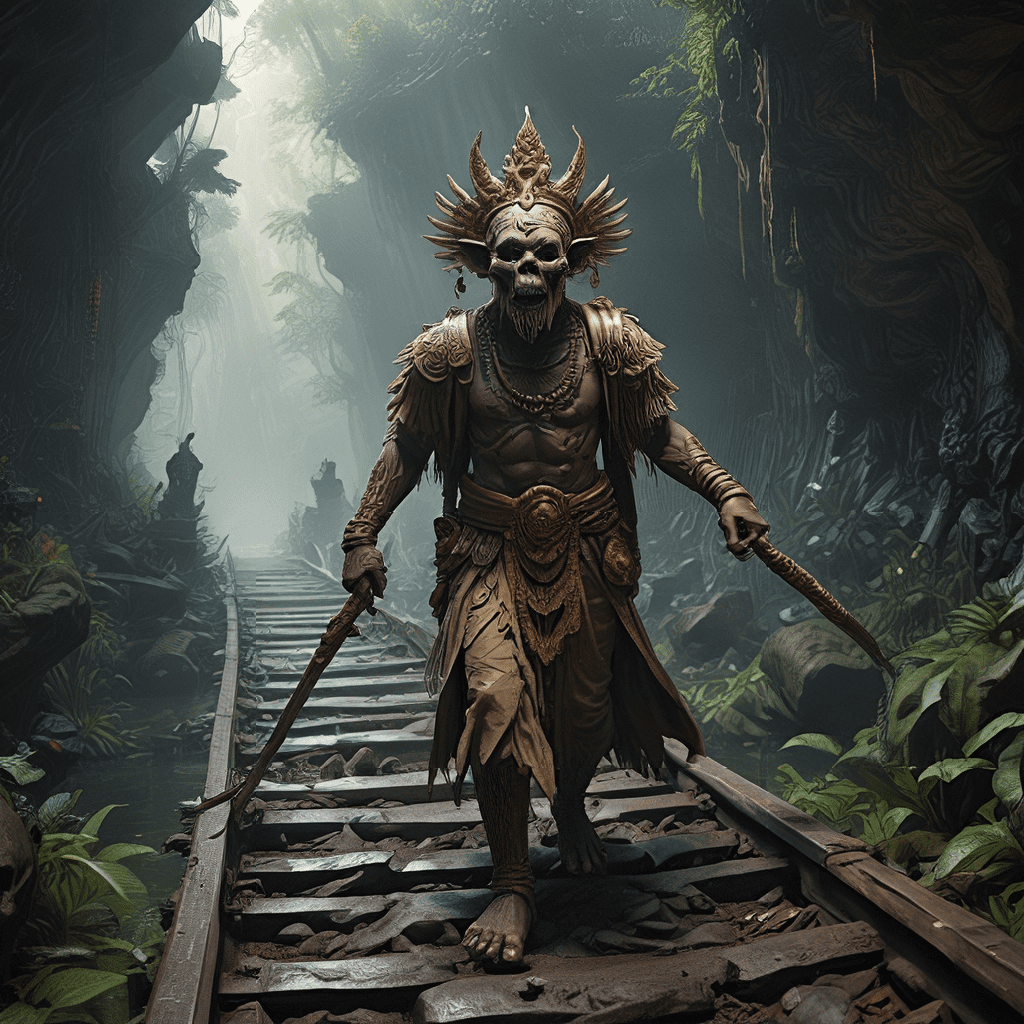The Influence of Roman Mythology on Modern Culture
1. Understanding Roman Mythology: A Foundation for Modern Culture
Roman mythology, stemming from ancient times, has remarkably influenced modern culture worldwide. Similar to its Greek counterpart, Roman mythology comprises a vast collection of stories encompassing gods, goddesses, heroes, and mythical creatures. Stories from Roman mythology have provided inspiration for numerous aspects of today’s culture, including literature, art, architecture, film, and even everyday expressions.
2. Cultural References in Everyday Life
The influence of Roman mythology is deeply ingrained in societal norms and expressions. Phrases like “Achilles’ heel,” referring to a weak point, derive from the myth of Achilles, a Greek hero. Similarly, naming the days of the week after celestial bodies from Roman mythology, such as Tuesday (named after Mars, the god of war), showcases how ancient beliefs continue to shape our daily language and habits.
3. Impact on Art, Literature, and Pop Culture
Artistic representations of Roman myths have significantly impacted various mediums, with artists like Botticelli and Caravaggio drawing inspiration from these narratives. Literature, such as Virgil’s “Aeneid,” a Roman epic influenced by Homeric legends, continues to shape narrative trends. Moreover, contemporary movies like “Clash of the Titans” and “Percy Jackson” thrive on retelling ancient myths in modern contexts, further bridging the gap between ancient lore and present culture.
4. Architectural Marvels and Symbols in Society
Roman mythology not only influences artistic pursuits but also architectural feats and iconic symbols. The enduring legacy of Roman gods like Neptune, Minerva, and Jupiter is reflected in the names of planets, astronomical discoveries, and architectural wonders such as the Pantheon and Colosseum. These structures stand as testaments to a bygone era, constantly reminding us of the profound impact of Roman mythology on modern architectural design and symbolism.
In conclusion, the influence of Roman mythology on modern culture is undeniable, permeating various facets of contemporary society. By delving into the rich tapestry of Roman myths, one can uncover a wealth of connections to our present-day world, fostering a deeper appreciation for the enduring relevance of these ancient tales.
FAQs About the Influence of Roman Mythology on Modern Culture
What is Roman mythology and why is it important?
Roman mythology refers to the beliefs, tales, and religious practices of the ancient Romans. It comprises a plethora of gods, goddesses, heroes, and mythical creatures. Roman mythology plays a significant role in understanding the cultural, social, and religious aspects of ancient Rome and has influenced various aspects of modern Western culture.
How has Roman mythology influenced modern culture?
Roman mythology has left an indelible mark on modern culture in various ways. From inspiring literature, art, and architecture to influencing the names of planets, days of the week, and constellations, Roman mythology’s impact is widespread. Many modern movies, books, and even company names draw inspiration from Roman myths, showcasing its enduring influence.
Can you provide examples of Roman mythology’s influence on modern culture?
Absolutely! For instance, the planets in our solar system are named after Roman gods like Mercury, Venus, Mars, Jupiter, and Saturn. The days of the week are derived from Roman deities, such as Saturday from Saturn and Sunday from the Sun god, Sol. Additionally, famous works like William Shakespeare’s “Julius Caesar” and countless sculptures and paintings depict scenes from Roman myths, keeping the ancient stories alive in contemporary society.



